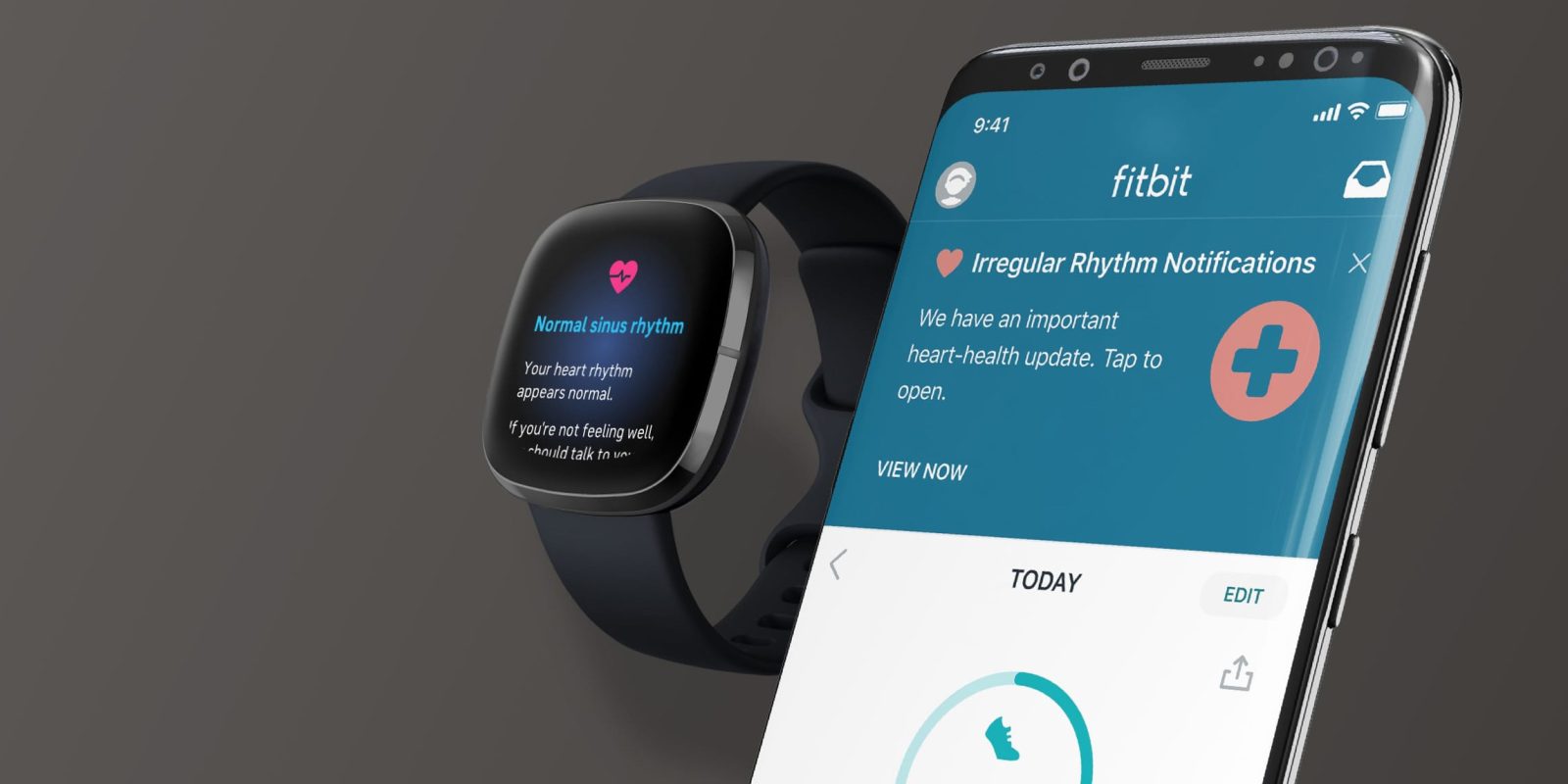
Fitbit trackers and smartwatches are a great way to keep track of your progress to get healthier, but they also picked up a way to warn you of heart problems with AFib detection. Now, in just a couple of months since launch, Fitbit’s Irregular Heart Rhythm Notifications have amassed over 2 million users.
What are Fitbit’s Irregular Heart Rhythm Notifications?
The Irregular Heart Rhythm Notifications feature was first announced for Fitbit devices in April 2022. The feature is Fitbit’s version of AFib detection, a practice that uses sensor data to detect signs of atrial fibrillation among other irregular heart rhythms.
AFib is a heart condition where the heart beats with an irregular rhythm. It’s considered a serious condition that leaves those affected at five times higher risk of a stroke, according to John Hopkins Medicine.
To detect signs of AFib, Fitbit is using a special PPG (photoplethysmography) algorithm which was cleared by the US FDA in April. The algorithm can measure volume changes of blood vessels in your wrist.
Fitbit says that the PPG algorithm could correctly identify AFib episodes 98% of the time when compared to traditional patch ECG monitors, obviously presenting a much more convenient way to track the data. Notifications for AFib are sent if these signs are detected while the user is still or asleep.
Over 2 million people are using Fitbit AFib alerts
As of June 2022, Fitbit told 9to5Google that over 2 million people have enrolled to receive irregular heart rhythm notifications. When a user enrolls, their compatible Fitbit device starts tracking for signs of AFib.
It’s easy to see why the feature has seen quick adoption, as it’s available on a huge number of devices. Fitbit Sense, Versa 3/2/Lite, Inspire 2, Luxe, and Charge 3/4/5 all support Irregular Heart Rhythm Notifications.
But notably, there’s a lot more room for Fitbit users to sign on with this feature. According to Statista, Fitbit had around 31 million active users in 2020, with 11 million devices sold that year.
Of course, with the feature being exclusive to the United States, there is a limit on how many people will be able to adopt it for now.
More on Fitbit:
- Fitbit’s food logging ‘Nutrients’ page is broken, showing wildly exaggerated daily totals
- Health Connect syncs data between Android fitness apps like Fitbit, Samsung Health, and more
- As Pixel Watch goes all-in on Fitbit, founder says Google Fit will coexist for now
FTC: We use income earning auto affiliate links. More.




Comments